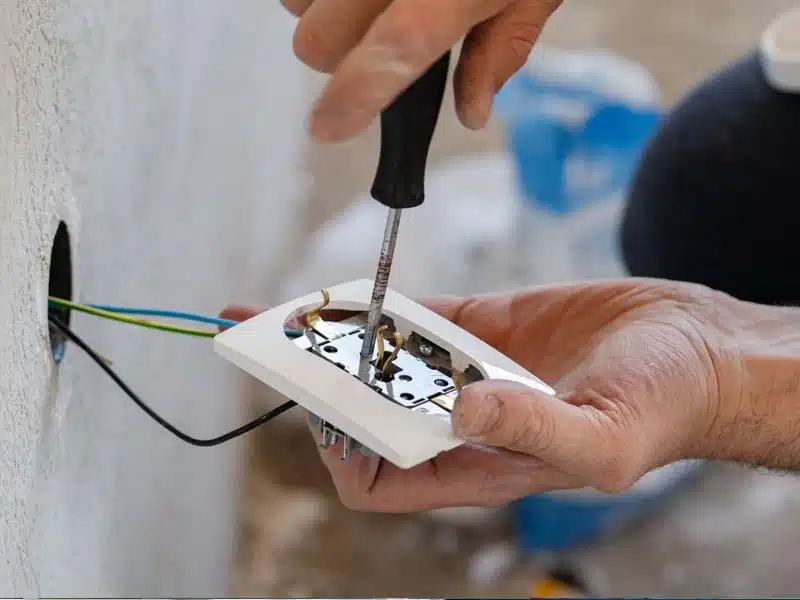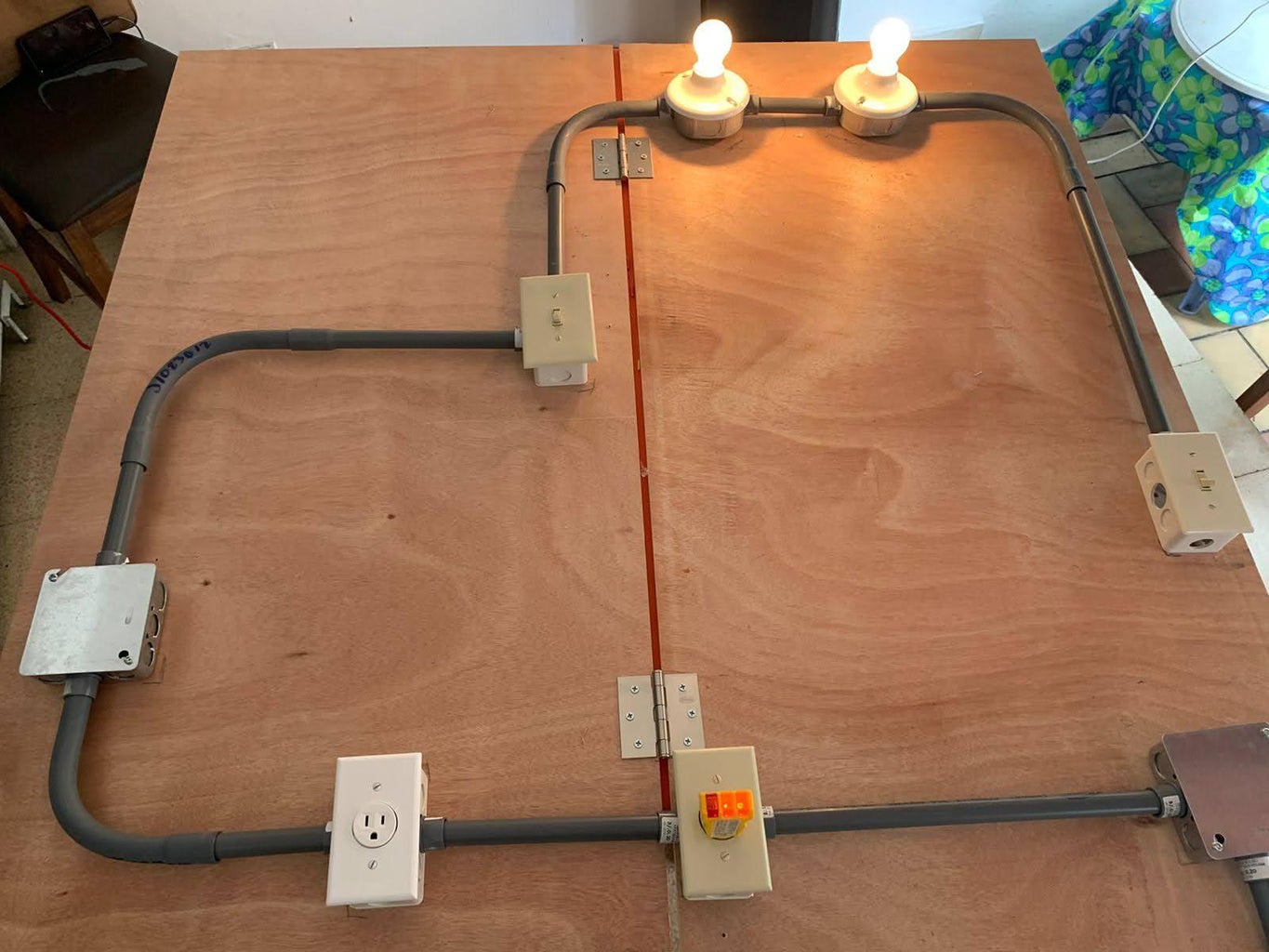Checking Out the Globe of Electric Installment: Common Mistakes to Stay Clear Of for a Smooth DIY Project
From ensuring safety and security procedures are met to complying with electrical codes, the trip right into the globe of electrical job demands focus to information and precision. By being conscious of these risks and just how to prevent them, you can navigate the detailed landscape of electric setup with self-confidence and ensure a smooth project implementation.
Inadequate Safety And Security Measures
In electrical installment tasks, forgeting appropriate security precautions can lead to hazardous situations that jeopardize both people and building. Poorly grounded electrical systems can lead to electric surges and equipment damages. By sticking to security protocols, consisting of appropriate training, utilizing safety tools, and complying with policies, people can alleviate dangers and advertise a safe and secure electrical installation setting.
Incorrect Cable Sizing

Wrong cord sizing can additionally impact the overall efficiency of the electrical system. Undersized wires can create voltage decreases, resulting in bad performance of electric tools and devices. Extra-large cords, while not as detrimental as small ones, can still cause unneeded costs and ineffective use of resources.
To avoid these troubles, it is vital to follow correct cable sizing guidelines based on the electrical lots needs of the setup. Consulting with a professional electrician or referencing the National Electric Code (NEC) can aid make sure that the cables are sized correctly for a secure and efficient electric installment.
Overlooking Grounding Demands
One important aspect commonly neglected in electric installations is making certain conformity with appropriate grounding needs. Grounding is an essential safety and security function that protects versus electrical shocks and protects against devices damage.
Basing serves as a pathway for electrical currents to stream safely into the earth, avoiding the accumulation of excess voltage that might hurt individuals or devices. Appropriate grounding includes linking electric devices and metal units to the ground wire, basing pole, or basing plate.

Neglecting Regional Structure Codes
Ignoring adherence to neighborhood building ordinance can posture considerable risks in electric setups, potentially endangering precaution and system dependability. Neighborhood building regulations are established to make sure that electrical job satisfies specific security standards and guidelines set by the authorities. Neglecting these codes can result in significant consequences, such as electric fires, electric shocks, or damage to the residential or commercial property.
Neighborhood building regulations normally cover various elements of electric installments, including electrical wiring approaches, outlet positionings, circuit defense, and grounding requirements. Failure to adhere to these codes may result in penalties, failed examinations, or the need to remodel the entire electrical job, resulting in unneeded costs and delays.
To avoid the risks of ignoring neighborhood building codes, it is vital for do it yourself enthusiasts and even experts to familiarize themselves with the suitable laws prior to beginning any electrical job. Consulting with neighborhood authorities or hiring a qualified electrician for guidance can help guarantee that the electrical installation meets all the needed code needs, advertising a risk-free and trustworthy electric system in the lengthy run.

Poor Planning and Organization
Have you thought about how careful planning and company are vital elements in making certain the success and security of an electric setup task? Poor preparation and organization can bring about a myriad of problems, varying from project hold-ups to serious security risks. One common mistake is taking too lightly the scope of job involved in an electrical installation, which can cause not enough products or inadequate preparation. Without a comprehensive plan outlining the actions, timeline, and necessary resources, do it yourself enthusiasts may locate themselves overwhelmed and prone to mistakes.
Moreover, poor organization can bring about confusion relating to the design of electrical components, possibly causing defective connections or circuits. Failing to identify cables properly or monitor circuit representations can lead to troubleshooting nightmares down the line. Additionally, inadequate preparation in regards to budgeting and procurement can result in unneeded BRE Services costs or hold-ups in finishing the task.
To prevent these risks, make the effort to produce a detailed plan, gather all required products and devices in advance, and make certain that you have a clear understanding of the task extent before starting - BRE Automation Australia. Appropriate organization and planning are vital to a successful electrical installation task
Final Thought
Finally, it is vital to focus on safety, proper preparation, and adherence to neighborhood codes when embarking on electrical installation projects. Staying clear of usual blunders such as insufficient safety precautions, wrong cable sizing, overlooking grounding needs, and bad planning can make certain a smooth do it yourself project. By adhering to these guidelines, people can effectively navigate the globe of electrical installment with self-confidence and efficiency.